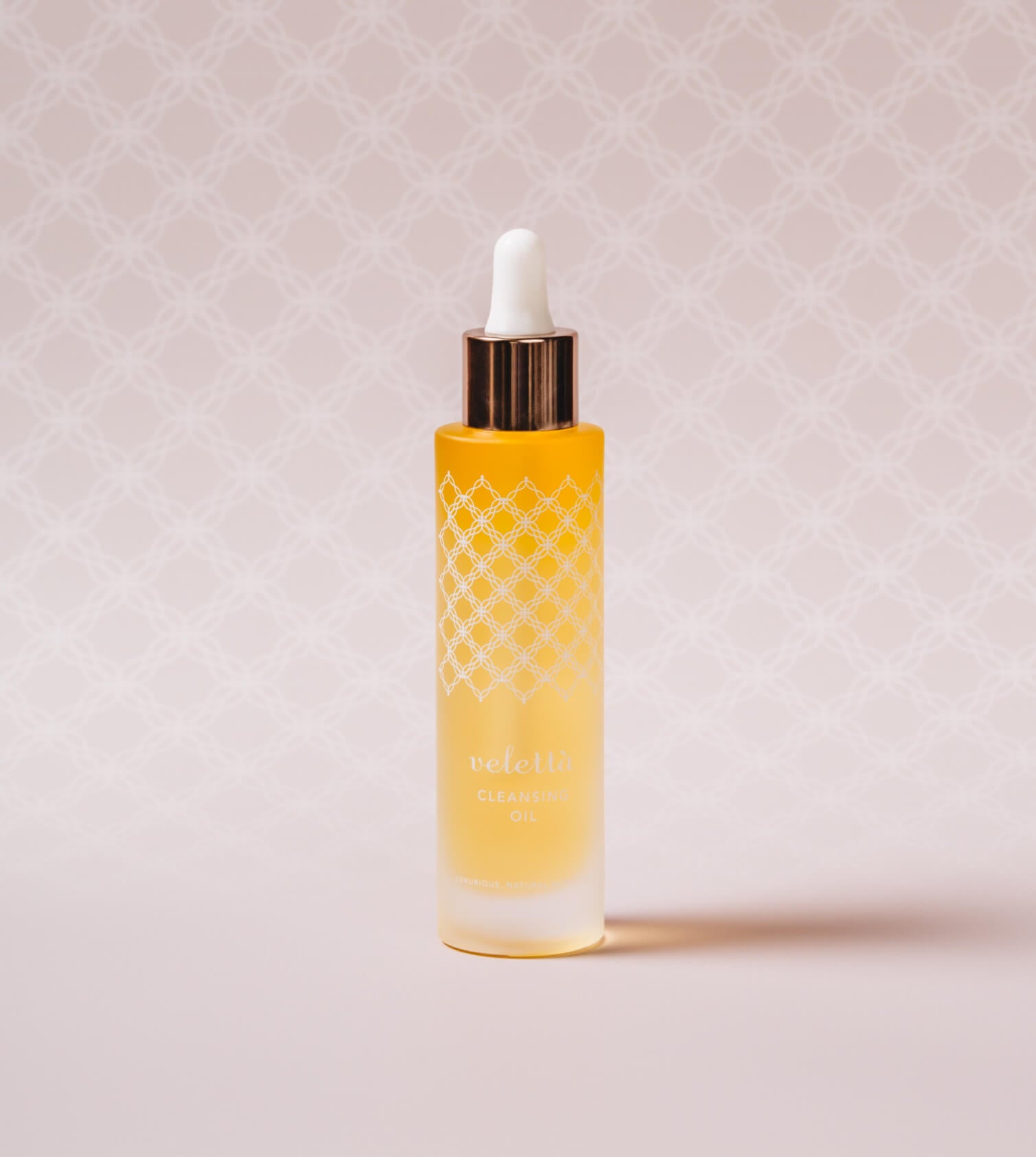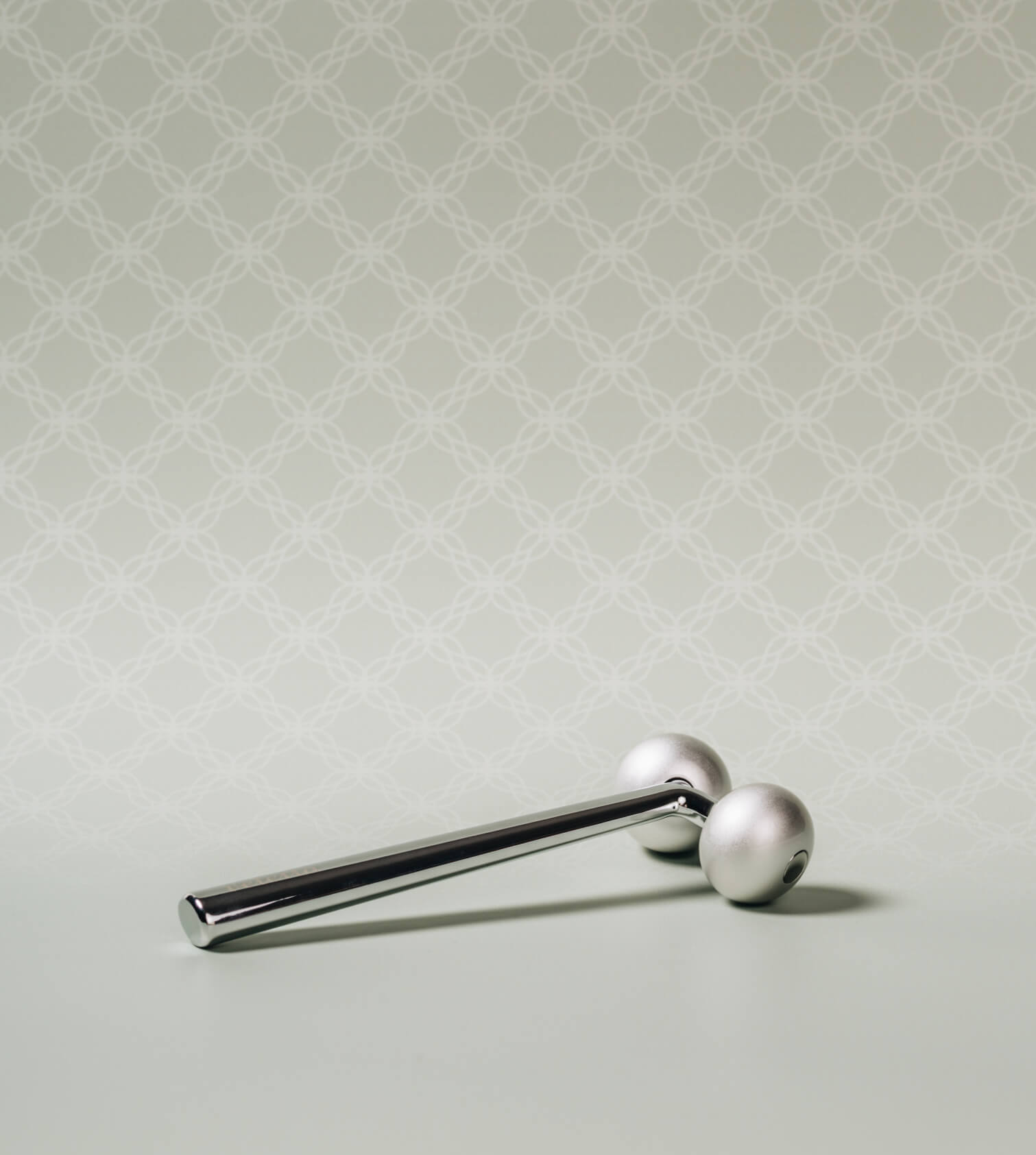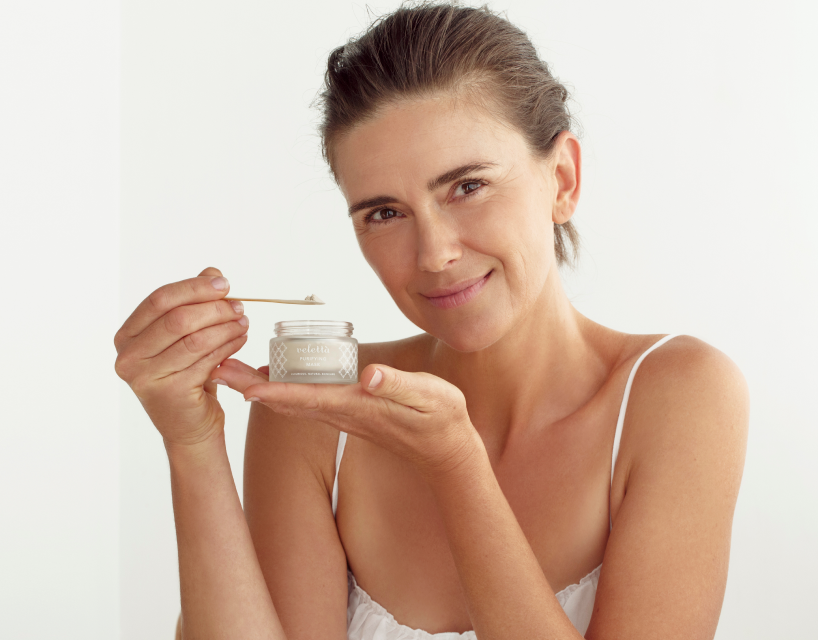We often think of stress as something that lives in our minds—but your skin feels it too. Whether it’s a tough week, disrupted sleep, emotional upheaval or just the low hum of daily demands, chronic stress can have a noticeable impact on your skin.
One of the main culprits? Cortisol—your body’s primary stress hormone.
Here’s what cortisol is doing behind the scenes, how it affects your skin, and what you can do to support your complexion through high-stress seasons.
What Is Cortisol—and Why Does It Matter?
Cortisol is released by your adrenal glands in response to stress. In small doses, it helps with energy, focus and recovery. But when stress becomes chronic, cortisol remains elevated—and that’s when trouble starts for your skin.
How Stress Shows Up on Your Skin
As cortisol floods your system, your skin responds in several ways:
1. Breakouts and Congestion
Cortisol ramps up oil production, which can lead to clogged pores and acne—especially around the jawline or chin.
2. Inflammation and Sensitivity
High cortisol levels can increase inflammatory responses, making conditions like rosacea, eczema and psoriasis worse, or leaving your skin red, tight or reactive.
3. Accelerated Ageing
Cortisol breaks down collagen and elastin, leading to fine lines, sagging and dullness. It also disrupts the skin’s repair cycle, slowing down cell turnover and healing.
4. Dehydration
Stress reduces your skin’s ability to retain moisture. You might notice your skin feels rougher, drier or looks more fatigued.
How to Soothe Stressed Skin
While we can’t always eliminate stress, we can minimise its impact on our skin with a few mindful tweaks.
1. Simplify Your Routine
In times of stress, less is more. Stick to a few quality products that soothe and protect rather than trying to “fix” your skin with aggressive treatments.
2. Focus on Barrier Support
Use skincare that calms inflammation and strengthens the skin barrier. Look for ingredients like squalane, niacinamide, ceramides and natural plant oils.
Velettà’s Rejuvenating Oil, for example, contains a blend of nourishing botanicals that help replenish and comfort skin without irritation—ideal for skin that feels unsettled or inflamed.
3. Be Gentle with Exfoliation
Stressed skin is more reactive. Avoid harsh scrubs and opt for mild chemical exfoliants used sparingly. Once a week is often enough during high-stress periods.
4. Build in Rituals That Calm Your Nervous System
Skin and stress are connected through the nervous system. So anything you do to calm your mind—like facial massage, deep breathing or a warm cloth compress—can help your skin, too.
Don't Forget: Sleep Is Skincare
Cortisol levels drop during deep sleep. If you’re not sleeping well, your skin loses valuable time to repair. A consistent night-time wind-down routine, no screens before bed, and a few minutes of self-massage can make a meaningful difference to both your skin and stress levels.
Final Thoughts
If your skin isn’t behaving the way it usually does, take a moment to check in with yourself—emotionally and physically. Stress is a powerful force, but with the right support, your skin can recover.
Remember: your skin is not the problem. It’s simply showing you what your body is carrying. Be kind to it. Nourish it. Give it time. It will settle—and so will you.







